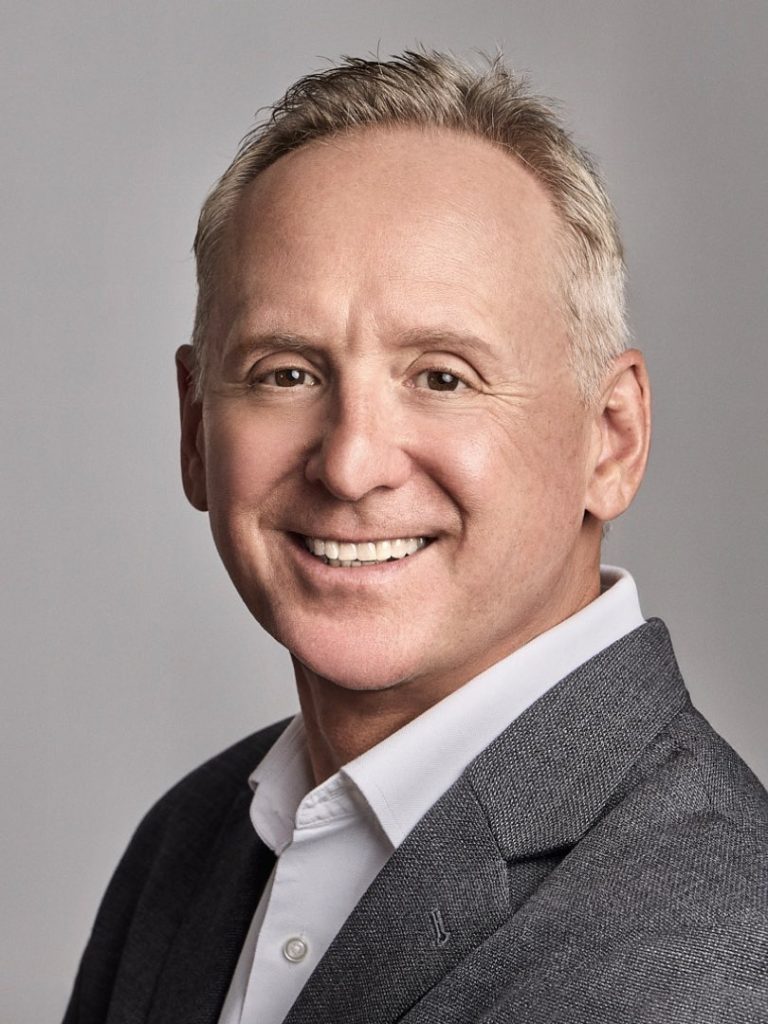Professional Headshot – A Guide to Choosing the Right Outfit
In a professional headshot, the clothes you choose speak before you do. Your image is much more than just a photo—it’s the first impression you give to clients, collaborators, and employers. And while every session is unique, there are principles that can help you make the right choices.
In a professional headshot, the clothes you choose speak before you do. Your image is much more than just a photo—it’s the first impression you give to clients, collaborators, and employers. And while every session is unique, there are principles that can help you make the right choices.
In my work as an editorial and corporate portrait photographer, some of my clients prefer to select their own wardrobe. In those cases, I provide them with a detailed PDF style guide to make packing easier and ensure they arrive well-prepared. During the session, I may suggest adjustments and combinations based on what they bring along. For those who prefer to delegate, I can arrange a professional stylist to handle everything.
This article summarizes the essentials of that guide, offering recommendations that work in most contexts to make your professional headshot a success.
1. Match Your Outfit to Your Industry and Message
Your clothing should be consistent with the image you want to project. It wouldn’t make sense for a chef to pose in a business suit, or for an executive to show up in overalls.
If your field is formal, choose classic, elegant pieces; if it’s creative, incorporate distinctive elements that tell your story. The key is not to “dress up” as someone you’re not—if you don’t wear a tie daily, don’t include it in your headshot.
2. Aim for Versatility in Your Professional Headshots and Portraits
The images we create during a professional headshot, editorial, or corporate portrait session can be used in many ways: LinkedIn, websites, press kits, media features. That’s why I recommend bringing multiple wardrobe changes to achieve looks ranging from formal to approachable.
Mid-season and timeless pieces are ideal—they won’t tie your image to a particular time of year and will stay relevant longer.
3. Choose Clothes That Represent You
Beyond trends, your clothing should reflect who you are. When you feel comfortable, it shows in your expression and posture. During the session, I observe how you interact with each outfit and suggest what works best for you—but the final decision is always yours.
4. Colors and Textures That Work
In photography, cool tones, darker shades, and soft pastels generally work better than overly bright colors. Avoid bold patterns or shiny fabrics that might distract from your face.
In corporate environments, I recommend covered shoulders and moderate necklines, as they convey professionalism, especially in leadership roles.
5. The Psychology of Color
- Navy, gray, black: authority and trust
- White, beige: clarity and approachability
- Pastels: warmth and calmness
- Red: energy and determination—but use in small accents
6. Common Mistakes to Avoid
- Wearing brand-new clothes on the day of the shoot (they may not fit perfectly)
- Arriving with wrinkled clothes or visible lint
- Wearing accessories that steal focus from your face
- Relying on only one outfit for all uses
7. Quick Style Guide
- Formal: well-tailored suit or blazer, solid shirt, neutral colors
- Smart casual: shirt or blouse without a jacket, well-fitted trousers
- Creative: textured fabrics, layers, or a distinctive accessory that doesn’t overwhelm
That said—don’t hesitate to bring extra wardrobe options. We love to experiment.
8. Guidance and Additional Support
When you book your session, you’ll receive my PDF style guide to help you prepare your wardrobe with confidence. If you’d rather not think about it, I can connect you with stylists I work with who handle everything—from selecting garments to final adjustments before we start shooting.
In Summary
Choosing the right clothing for your professional headshot is an investment in your image and how you are perceived. The wrong outfit can weaken your presence; the right one can amplify it.
See examples here: Professional Headshots and Portraits
Finally, I’d like to share how my clients use their images—and how their wardrobe choices support the message we want to communicate:

